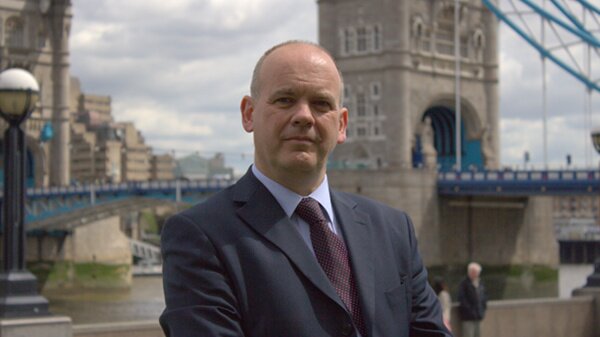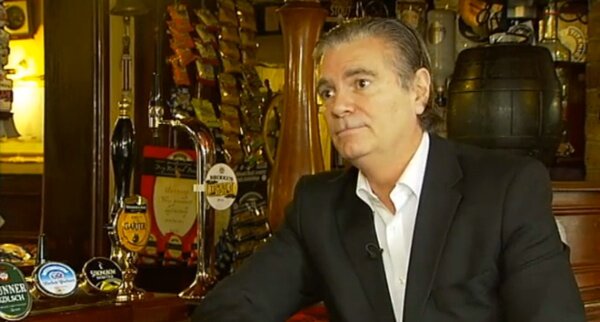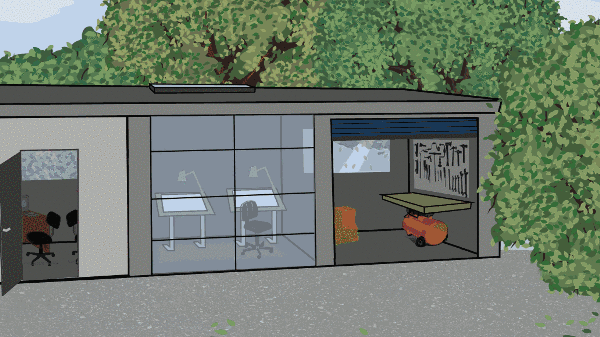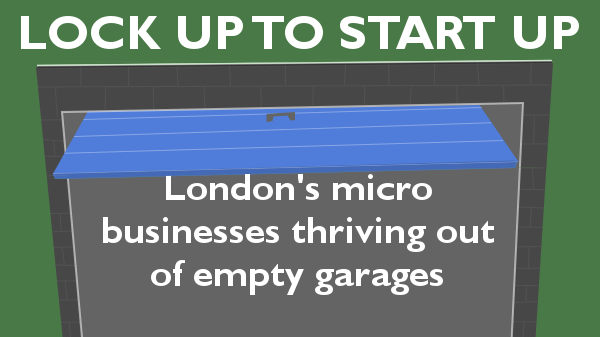Flexible ticketing for part-time commuters from January 2015

London’s part-time commuters will be able to buy flexible travel tickets from January 2015.
The Mayor will now instruct TfL to work up detailed plans and costings for the proposal. This is directly in response to a recent report published by Conservative London Assembly Member Roger Evans.
“Home Works” urges TfL to introduce part-time Travelcards and annual rebates for those who underuse their full-time tickets.
Part-time travelcards will put cash in the pocket of commuters from January 2015

At the beginning of last year I published a report called Home Works. In it, I argued that Transport for London should introduce part-time Travelcards and annual rebates for those who underuse their full-time tickets. As well as encouraging flexible working, the introduction of part-time Travelcards would help to make part-time work pay and reduce demand on London’s overcrowded public transport.
Unfortunately the Mayor is somewhat sceptical of home working, so he was not initially keen on my proposal. However I have continued to plug away at building support for a measure that will improve the lives of a great many Londoners. My report has been downloaded hundreds of times and the weight of numbers in favour of my proposal has increased.
Budget: £10m for council tax cut, part-time Travelcards and affordable workspaces for start-ups

2014/15 costed proposals will slash over-the-top TfL perks and put cash into the pockets of Londoners
Money raised from scrapping the over generous TfL “nominee pass”, which allows free travel for flatmates and lodgers of staff, should be ploughed into helping council tax payers, commuters and start-up businesses, according to Gareth Bacon, GLA Conservatives budget spokesman.
The estimated £10m raised by cancelling the nominee pass scheme should be used to pay for the following tax-cutting and pro-business measures:
- £7m to further cut council tax. A 2.2% cut for 2014/15 (compared to the Mayor’s 1.3%), accelerating progress towards the Mayor’s 10% reduction target by 2016
- £1m to fund a feasibility study (including all technical assessments and financial modelling) into the introduction of part-time Travelcards and one-hour bus tickets
- £2m to pilot the conversion of 70 empty garages into affordable workshops and studios for start-ups and micro businesses
Local pubs included for the first time in Mayor’s draft London plan

Steve O’Connell, author of report urging protection for pubs, calls for market testing of empty pub sites
The “important role” of London’s pubs has been recognised for the first time in the Mayor’s new draft London Plan, and the Capital’s boroughs are encouraged to “maintain, manage and enhance” them. The plan also supports councils in preventing the loss of pubs, if it can be demonstrated that they are “community assets”.
These new guidelines follow the publication of ‘Keeping Local’, a recent report which urged improved protection for pubs when it comes to demolishing or changing the use of them.
Tony Arbour: Oppose any increase in flights at Heathrow

This week, my Conservative colleagues and I voted against a poorly drafted motion in the London Assembly. Although the motion aimed to oppose a larger Heathrow, the way it was written was unclear, opening the door for the introduction of mixed mode at Heathrow, increasing flights and noise for millions of Londoners. As a result, I tabled an amendment asking for the Assembly to “categorically state its opposition to any additional flights from Heathrow”.
Unfortunately, although the Greens backed us, my Labour and Lib Dem counterparts on the Assembly refused to support it. Let me be clear, I, and my Conservative colleagues, are unequivocally opposed to any increase in flights at Heathrow, and we will not consider any concession to those who would further increase the noise and disruption that the airport brings to millions of Londoners.
Richard Tracey: Strike reform is urgently needed

Once again, we find ourselves under threat from yet another potential tube strike. RMT members are being balloted on a possible “significant few days of action” in the New Year according to union bosses.
Whether or not the strike ultimately goes ahead, just the threat of action will make life worse for ordinary Londoners. If strike action does happen, then London’s economy will suffer but so will the many Londoners who will not get paid if they do not go to work.
Research shows that one day of tube strikes costs the City’s economy around £48 million, reflecting costs to businesses and the many hard-working people for whom a tube strike means loss of pay. These people deserve better.
Steve O'Connell: Convert Empty Garages Into Affordable Studios and Workshops for Start-Ups

Business is booming in the UK. There are an estimated 4.9million private sector businesses in the UK, employing around 24.3million people, with a combined turnover of £3.3billion. Three quarters of these businesses are non-employing, or sole traders.
However, although thriving enterprise is a good news story for our economy, start-ups and micro businesses are threatened by continuously rising commercial property prices. Small businesses in London are bearing a huge 'cost burden' according to the Federation of Small Businesses and London First. Their Small Business Cities Index has ranked London the second highest compared with 23 other global cities when it comes to work space rentals, taxes, wages, and redundancies.
It's not just offices, micro businesses working in light industry also face high rents. An online search of available commercial studios and workshops for rent in a variety of areas across London brought up a price range of £560 – £1,630 per month, very high prices for a start-up cycle mechanic or a growing architect's firm.
3K empty garages identified in London: Convert them into affordable studios and workshops for start-ups

New report urges initial London pilot of 300 garages, with eventual UK-wide roll out
Converting some of London’s 3,275 identified empty garages into basic studios, workshops and offices could provide the Capital’s start-ups with affordable space and opportunity to grow.
A new report, ‘From Lock Up to Start Up’, urges housing associations to transform disused garages into commercial spaces and rent them out at competitive prices to micro-businesses such as cycle mechanics, carpenters and product designers.
Lock up to start up

Converting some of London’s 3,275 identified empty garages into basic studios, workshops and offices could provide the Capital’s start-ups with affordable space and opportunity to grow.
A new report, ‘From Lock Up to Start Up’, urges housing associations to transform disused garages into commercial spaces and rent them out at competitive prices to micro-businesses such as cycle mechanics, carpenters and product designers.
- RT @BobBlackman: At @CommonsLeader @andrealeadsom Qs in @HouseofCommons raised the excellent report by @Councillorsuzie on the terrible pro…
- WATCH: @shaunbaileyuk proposes motion calling for body-worn cameras to be in operation when tasers are deployed. Sa… https://t.co/uE1PBbwhQi
- WATCH: Met Commissioner Cressida Dick tells @garethbaconam the force has referred the leak of information that led… https://t.co/3evEJZ5uLJ

 Posted by GLA Conservatives in News
Posted by GLA Conservatives in News